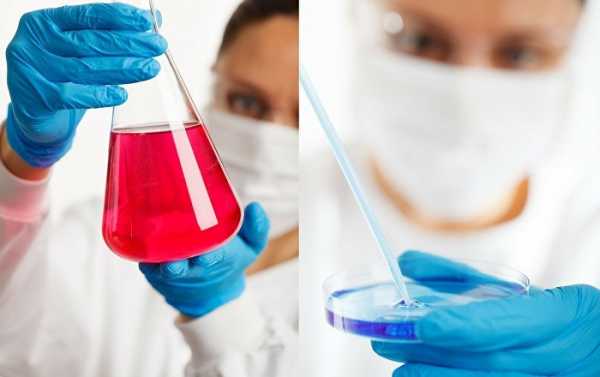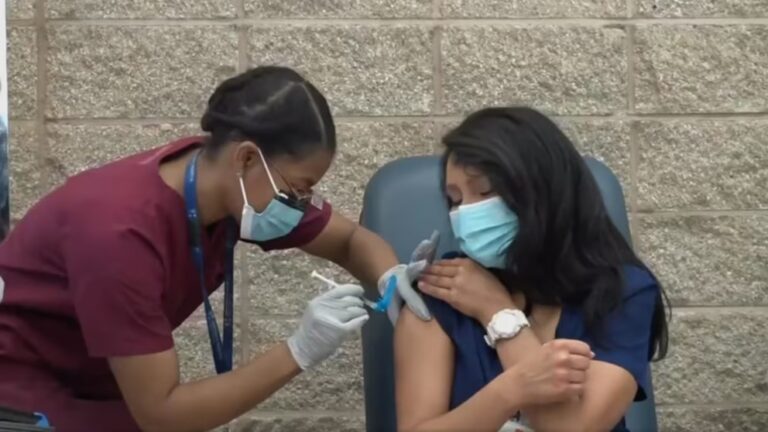
Cancer and chemotherapy can leave many people facing infertility, but new research by Danish scientists offers hope that they may now be able to conceive naturally through implanted artificial ovaries.
Susanne Pors, co-author of the study and postdoctoral fellow in the Laboratory of Reproductive Biology at the University Hospital of Copenhagen Rigshospitalet, presented her team’s research Monday at the 34th Annual Meeting of the European Society of Human Reproduction and Embryology in Barcelona, Spain.
In the study, scientists removed ovarian follicles — small sacs filled with fluid that are found inside ovaries — and other ovarian tissue from people planning on undergoing cancer treatment. Using a chemical process, the cancer cells were removed from the ovarian tissue, leaving behind a “decellularized scaffold” consisting of proteins and collagen.
The researchers then grew ovarian follicles on the scaffold of ovarian tissue. Artificial ovaries holding 20 human follicles were subsequently transplanted into mice.
According to Pors, though cancer cells can penetrate ovarian tissue cells, they cannot break through follicles.
“The follicle is formed during fetal life and is surrounded by a basal membrane that does not allow cancer cells to penetrate,” Pors noted.
When the team planted the lab-grown ovaries into mice, they found that 25 percent of the follicles survived for at least three weeks. Blood vessels began growing around the living ovaries, suggesting that the follicles had successfully implanted and new ovarian cells were growing.
“The artificial ovary will consist of a scaffold (originating from the woman’s own tissue or from donated tissue) combined with her own follicles,” Pors recently told CNN. “It is newly constructed, but biological… This is the first time that isolated human follicles have survived in a decellularized human scaffold.”
Although the technique is promising, it still requires testing on humans, which is expected to take place in the next five to 10 years.
Implanted lab-grown ovaries may not only be beneficial for people with cancer, but may also help those struggling with conditions such as multiple sclerosis and the blood disorder beta thalassaemia, which usually require therapies affecting fertility.
Another challenge overcome by the lab-grown ovaries is the problem that, although people with cancer can have their ovarian tissue removed and frozen before undergoing chemotherapy, cancer can still be contracted from frozen tissue.
“There have been certain cancers where we can’t use this procedure because of this concern,” Nick Macklon, medical director at London Women’s Clinic, told the Guardian.
“It’s an exciting development. This is early days for the work but it’s a very interesting proof of concept,” he added.
Stuart Lavery, a consultant gynecologist at Hammersmith Hospital in London, England, also noted that “it’ll be very reassuring, if this work reaches fruition, that patients can have the transplantation knowing there is no risk of transplanting the cancer back into them,” the Guardian reported Sunday.
“The beauty of this is that many of the women who have ovarian grafts go and get pregnant naturally, they don’t have to go through in-vitro fertilization,” Lavery added.
Sourse: sputniknews.com






